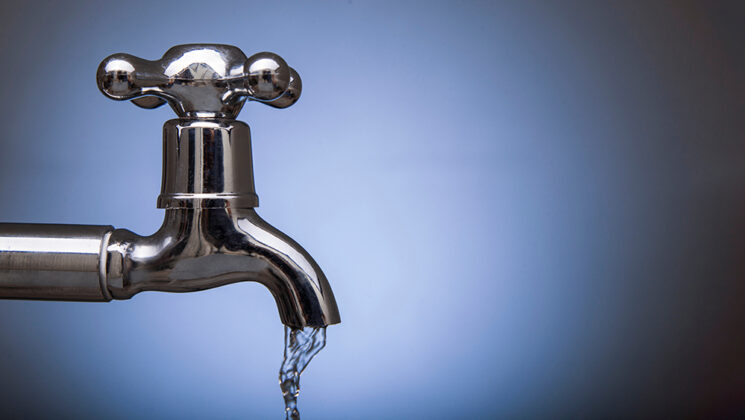By UNISON’s head of environment, Donna Rowe-Merriman
The current ownership and operating model for the water industry in England is in the news almost every day – and almost always for the wrong reasons.
Privatisation of the water industry has failed. Disastrously. It was a Tory government gamble that has not paid off – unless you are a water company chief executive or shareholder.
Consumers have not seen better outcomes. In fact, we are seeing profits being extracted for shareholders and some water companies being laden with debt despite significant under-investment on infrastructure.
Companies have proven themselves inadequate – with their actions resulting in higher bills, lower standards and increasing harm to the natural environment and public health.
This model has resulted in the prioritising of profit ahead of investment, and the incurring of unsustainable levels of debt to support it, with negative consequences for the public and customers being the inevitable result.
Since privatisation, consumers have paid billions for services. Despite this, our environment is at breaking point and there is no real desire from this government to turn the tide and force companies to deliver much needed infrastructure investment.
It was recently revealed that 2023 saw a huge increase in sewage spills into waterways in England, from 301,091 spills in 2022 to 464,056 in 2023 – an increase of over 54% in a single year, making it the worst year for sewage spills on record.
Recent media reports have also confirmed that the nine water companies in England discharged sewage into rivers close to their own headquarters for more than 56,000 hours in 2023, further underscoring these failings.
This affects UK wildlife and millions of people that use rivers and coastlines for recreation, from anglers to surfers. Growing campaigns highlight not only broken pipes – but a fundamentally broken system.
In addition, the current major drinking water contamination incident in Devon, and the admission by bosses at South West Water of the inadequacy of the company’s response, have demonstrated how even confidence in the safety of drinking water in homes has been affected by the failings of water companies in England.
Yet instead of investment and improvements to infrastructure, companies in the water sector – which were debt-free at the time of privatisation – have since taken on over £60 billion of debt, while at the same time investors have withdrawn £85 billion in shareholder dividends and other payments.
Water company bosses have also reportedly received over £25m in bonuses and incentives since 2019, according to analysis.
The only solution to this crisis
At the same time, companies including Southern Water and Thames Water are reporting significant financial problems, with the owners of Thames Water insisting on significant increases to customer bills and a write-off of fines before it agrees to financially shore-up the company.
The result of this is failing water infrastructure, increasing sewage spillages, reduced public confidence in the safety drinking water, coupled with excessive shareholder rewards and an increasingly precarious financial situation for water companies themselves.
This demonstrates that the current model of ownership and operation is not fit for purpose, and UNISON’s longstanding position in calling for a renationalised water sector, which is publicly owned and properly publicly accountable instead of beholden to shareholders, is the solution to the shortcomings of the failed private model of ownership.
Water companies have been profiteering from privatisation for decades to the tune of tens of billions extracted for shareholders at the expense of customers and the environment.
These companies are leaving everyone with decades worth of problems for future generations – whether it is our environment, our wildlife, or our public health.
This is a national scandal of epic proportions on a public right for clean water from our taps and clean rivers and coastline for our communities.
The only real option is to bring these failing water companies back under public oversight, make them publicly accountable and above all publicly owned.






